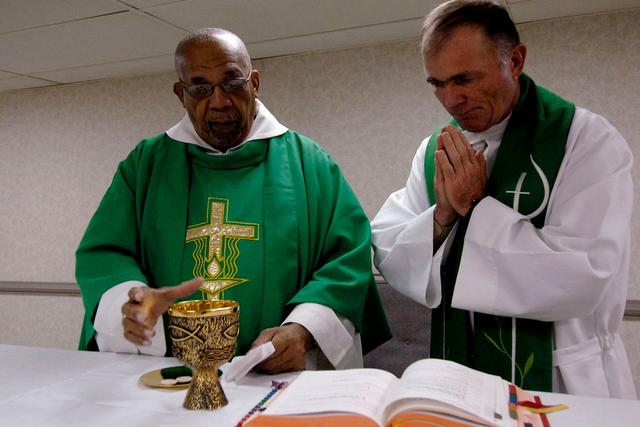Cantors
Overview

Introduction
Cantors lead musical liturgies in synagogues to enhance the religious experiences of worshipers. They also perform some activities in support of the rabbi such as visiting sick congregants and training children for their Bar/Bat Mitzvah celebrations. They are professionals who have almost as much training as rabbis. Most cantors serve one of the four main types of Jewish congregations: Orthodox, Conservative, Reform, and Reconstructionist. The remaining congregations are other unaffiliated streams of Judaism.
Quick Facts
Median Salary
Employment Prospects
Minimum Education Level
Experience
Skills
Personality Traits
Earnings
Earnings for cantors vary by synagogue and movement, with larger synagogues typically paying the highest salaries (but not always). The U.S. Department of Labor does not collect salary information for cantors, but it does report that religious workers not otherwise classified earned median annual salaries of $37,960 in May 2023. Earnings ranged from less than $28,530 to $73,310 or more.
...
Work Environment
Working as a cantor is both a religious calling and the fulfillment of one’s personal desire to serve others and, as such, most cantors say that they enjoy their jobs. There is no such thing as a standard workweek. In addition to leading the musical liturgies, cantors at some synagogues assist with religious education, officiate at weddings, comfort the sick and dying, and counsel congregants w...
Outlook
Employment for religious workers not otherwise classified is expected to have little or no change through 2032, according to the U.S. Department of Labor. The debate continues about whether there are enough jobs for cantors or a shortage of jobs. The perceived health of the cantor occupation is tied to some degree to the health of the particular Jewish religious movement. The number of American...









